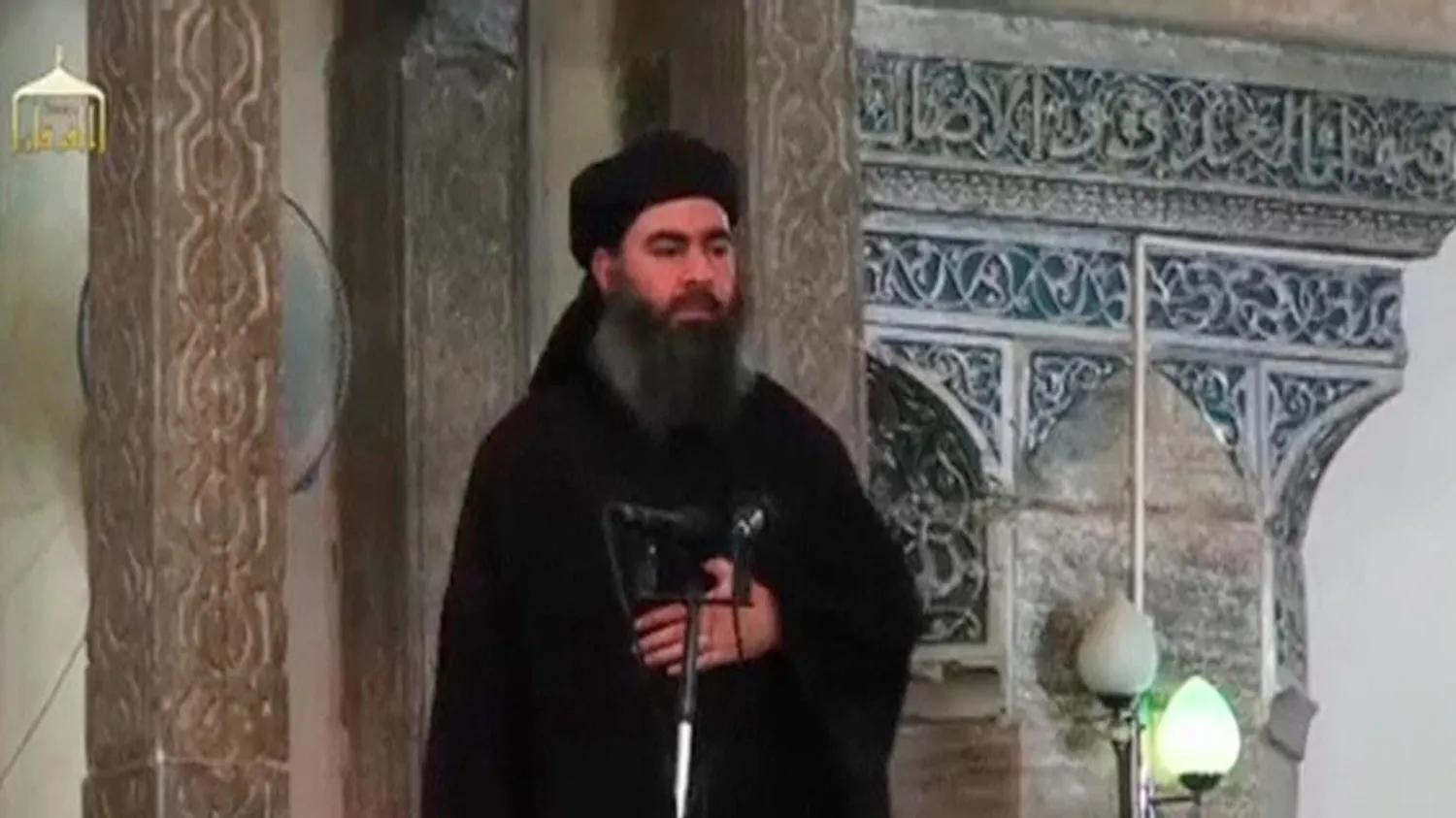ISIS issued on Thursday what appears to be the first recording in nearly a year of its leader Abu Bakr al-Baghdadi.
The message released was his first purported audio communication in almost a year during which his group has lost much of its self-proclaimed “caliphate.”
The date of the 46-minute recording, released via the al-Furqan news organization, was not clear.
But in it, Baghdadi made an apparent reference to recent events including North Korean threats against Japan and United States and the recapture two months ago of Mosul by US-backed Iraqi forces, according to top Reuters.
The audio, partly dedicated to religious scriptures, came after several reports Baghdadi had been killed. His last recording was in November 2016, two weeks after the start of the battle to recapture the city of Mosul from ISIS.
“Oh Soldiers of the Caliphate, fan the flames of war on your enemies, take it to them and besiege them in every corner and stand fast and courageous.”
“Beware of retreat, or the feeling of defeat, beware of negotiations or surrender. Do not lay down your arms,” Baghdadi said, referring to his followers.
Instead of pondering his group’s losses, Baghdadi emphasized the threat the West still faces from ISIS, making indirect references to recent attacks on the Underground in London, in the heart of Barcelona and in Russia.
Since Baghdadi proclaimed the caliphate stretching across Iraq and Syria in 2014, Iraqi forces have retaken a string of cities in western and northern Iraq including Mosul, where Baghdadi made his announcement from the city’s El Nuri mosque.
Officials have said they believed it could take years to capture or kill Baghdadi as he is thought to be hiding in a vast swathe of sparsely-populated desert between Mosul and Raqqa, where attacking drones are easy to spot.
Russia’s defense ministry said earlier this year it might have killed Baghdadi in an airstrike on a gathering of ISIS commanders on the outskirts of Raqqa. However, US officials said they could not corroborate the death and other Western, as well as Iraqi officials, were skeptical.
In June, the Russian military said it might have killed Baghdadi in a strike on ISIS leaders in May near Raqqa.
In July, a British-based monitoring organization, the Syrian Observatory for Human Rights, said senior ISIS commanders had confirmed that Baghdadi had been killed in Deir Ezzour Province.









